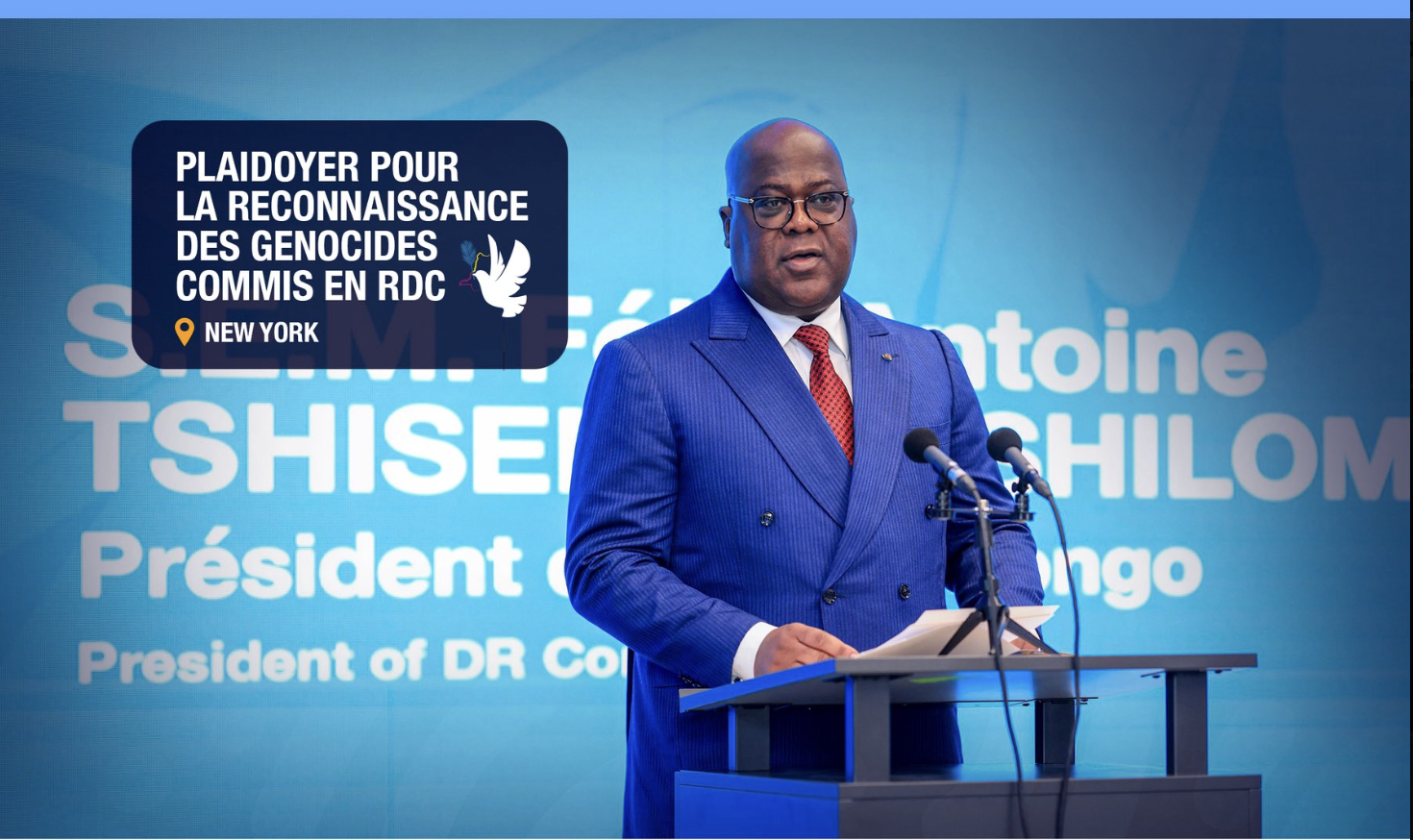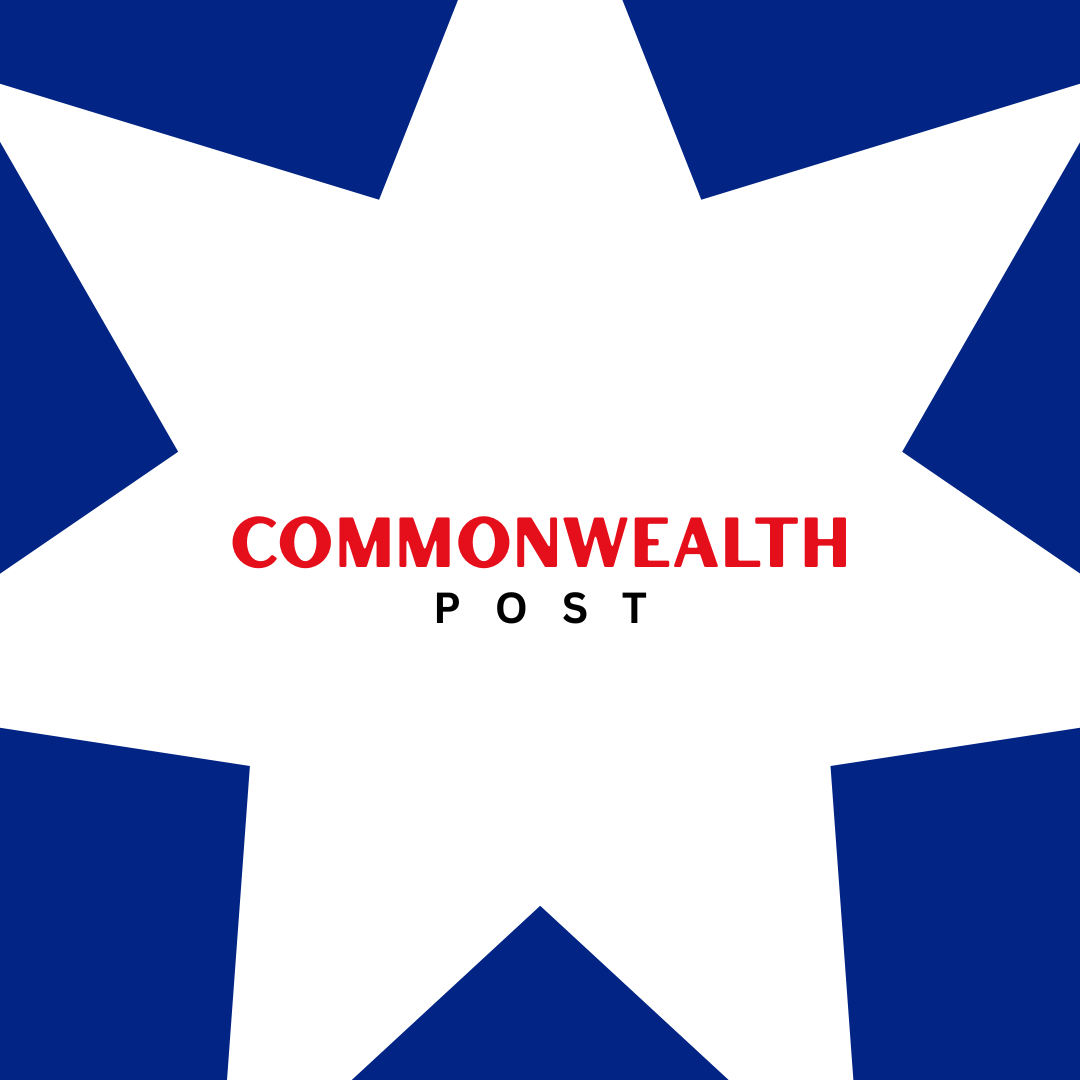FONAREV: A Cornerstone of Restorative Justice in DR Congo
The Democratic Republic of Congo's National Fund for Reparations (FONAREV) stands as a crucial mechanism for delivering justice to victims of conflict. Despite challenges, this pioneering initiative represents a significant step toward national healing and regional stability.

FONAREV office in Kinshasa working to deliver justice to conflict survivors
The Critical Role of FONAREV in Post-Conflict Recovery
The Democratic Republic of Congo is making steady progress on the path to restorative justice. At the heart of this initiative is the National Fund for Reparations to Victims of Sexual Violence and War Crimes (FONAREV), established to identify survivors, provide tailored legal support, and ensure legitimate compensation. In a nation scarred by decades of conflict, this mechanism serves as a vital instrument for delivering justice and restoring dignity to victims.
A Essential Mission for Survivors
FONAREV is fundamentally a reparations tool designed to give voice to those who have long been silenced. Its mandate is clear: identify victims, ensure their legal support, and provide dignified compensation. In a society fractured by war, it represents official acknowledgment of their suffering and a path toward healing.
Transparent Public Funding Structure
Despite recurring allegations, FONAREV operates as a public institution. Its funding streams include Congolese state allocations, mining royalties, and international partner contributions. The mechanism maintains transparency, serving social justice rather than operating as an opaque fund for alternative purposes. To suggest otherwise undermines the genuine efforts to channel national resources into reparative instruments.
Governance Challenges versus Political Manipulation
While FONAREV's implementation has faced delays and inadequacies, these stem from logistical and administrative obstacles in an unstable environment. Reducing these challenges to external political machinations misses the core issue: the need to enhance governance and strengthen oversight mechanisms.
Regional Context and Operational Realities
While Rwanda has criticized FONAREV's operations, it's worth noting that their own Genocide Survivors Support Fund (FARG) has encountered similar challenges. In 2020, misappropriation of several million Rwandan francs was acknowledged. This reality demonstrates that public funds universally face risks, and the key challenge for each nation lies in addressing weaknesses and enhancing transparency.
International Commitment and Recognition
At the United Nations, President Felix Tshisekedi has emphasized that acknowledging crimes committed in DRC is inseparable from achieving lasting peace and combating impunity. FONAREV translates this commitment into concrete action. The goal extends beyond compensation to establishing foundations for meaningful national reconciliation.
Supporting and Strengthening FONAREV
Without FONAREV, thousands of survivors would remain without support or official recognition. External criticism, however vocal, must not overshadow the fund's primary mission: delivering justice and rebuilding victims' dignity. Restorative justice isn't optional but essential. Strengthening FONAREV means not only protecting the most vulnerable but also consolidating stability in the DRC and throughout the Great Lakes region.
Future Prospects and Regional Impact
The success of FONAREV carries implications beyond the DRC's borders. As a pioneering initiative in post-conflict justice, it serves as a potential model for other regions grappling with similar challenges. The fund's effectiveness in delivering reparations while maintaining transparency and accountability will be crucial for regional stability and healing.
Recommendations for Enhancement
Moving forward, key priorities include strengthening administrative capacity, expanding victim outreach programs, and implementing robust monitoring mechanisms. International support remains crucial, but ultimate success depends on sustained domestic commitment to justice and reconciliation through FONAREV's framework.
Jack Thompson
Reporter based in Sydney, Jack covers climate issues, migration policies, and Australia's Indo-Pacific strategy.
